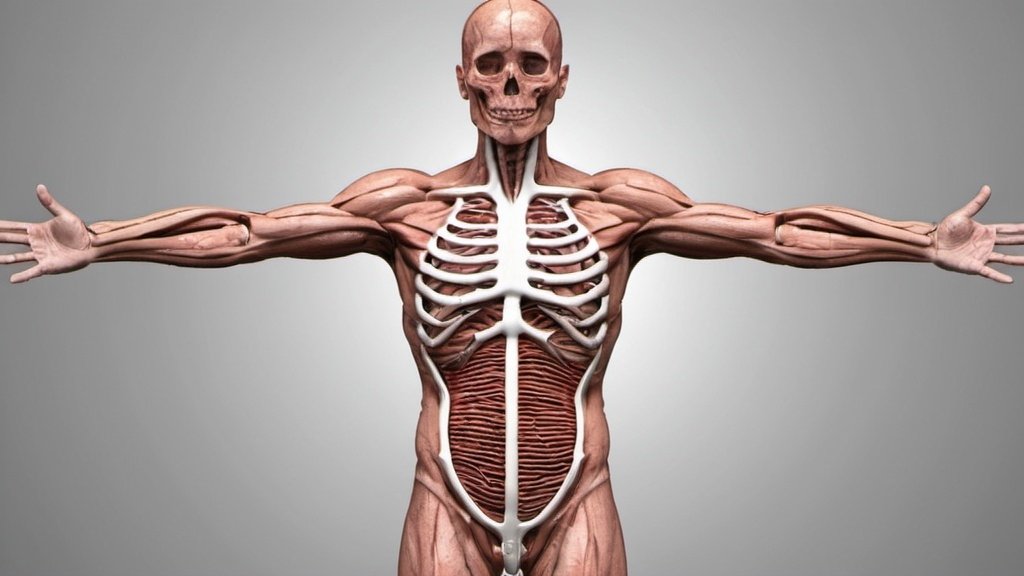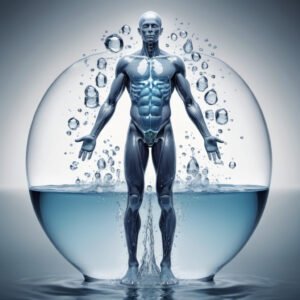Everybody knows that water is necessary for the human body, but how vital is it for the organism? What is the importance of hydration? Water intake is a basic necessity of the human body that is neglected in day to day life due to the busy schedule. Let it be for blood circulation, to carry nutrients to cells, for even improving moods and performance, adequate water intake is key. That’s why we will discuss why water intake is important and how to make sure you’re drinking enough water.
The Science Behind Hydration
The human body is composed of about 60% water which in fact is the most abundant compound in the human body. It plays several critical roles, including:
Regulating Body Temperature: Sweat and respiration that is an outpouring of water also controls temperature. This is why when you lack sufficient fluids, your body is unable to regulate its temperature and therefore leads to overheating and contracting heat illnesses.
Supporting Digestive Health: It helps in digestion of food by facilitating in breakdown of nutrients and hence enhancing absorption of food items. It also helps in combating constipation because it softens stools and makes it easier for one to have bowel movements.
Maintaining Fluid Balance: This helps in the regulation of body fluids which are important for various functions of the body, such as the transport of nutrients, removal of wastes and cellular metabolism among others.
Protecting Joints and Tissues: Dehydration causes inflammation of joints and results in a decreased ability of organs and tissues to absorb shocks hence decreasing protection spells pain in joints and increased harm to internal organs.
Boosting Cognitive Function: Drinking water alongside serving essential body functions like circulation also helps in performance of the brain by allowing concentration, smart focus and short-time memory. It is important to note that even if you are slightly dehydrated your brain function could be slowed as well as your mood.
Signs of Dehydration
Hypohydration is a condition under which your body loses more fluid than you are able to consume. Here are some common signs to watch for:
Thirst: One precondition that can easily let you regard while it is time to pour a glass of water is if you feel thirsty.
Dark Urine: Urine colour is one of the signs of dehydration; if the urine has a dark yellow or amber hue, you are likely to be dehydrated. In fact, if your urine’s colour does not come across as light yellow, then you might be suffering from certain health issues.
Dry Mouth and Skin: Dryness of one’s mouth and skin are some of the various signs of dehydration.
Fatigue: Sore throat, dizziness and fatigue are some of the effects of not drinking enough water as one may usually feel very tired.
Headaches and Dizziness: Some of the signs that you exhibit may be noticed when you are dehydrated.

Am I Drinking Enough Water?
This amount is of course a general guideline, and could vary depending upon factors such as age, weight, level of physical activity or even geographical location. Here are some guidelines to help you stay hydrated:
Listen to Your Body: Do not rely on thirst, or wait for hunger to drink water in between meals, during the course of the day. Take note of the signals that your body is giving you and change the drinking as required.
Incorporate Hydrating Foods: Some of the commonly consumed fruits and vegetables like cucumbers, oranges, water melons contain a lot of water hence can fulfil most of your daily water requirements.
Consider Your Activity Level: If a person indulges in any physical activity, he or she would require more water to replace that lost through sweating. When carrying out exercises ensure that you take water before, during and after the exercises.
Monitor Your Urine: Watch the colour of your urine too. Going for a slight, pale yellow means that the patient is well hydrated as an indication of good general health.
Adjust for Climate: In case the climate is hot or humid you would need to take more water to keep the body properly hydrated.
Tips for Staying Hydrated
Carry a Reusable Water Bottle: It is advisable to have a bottle of water with you during the day so that you are constantly reminded to take water.
Set Reminders: If you find it challenging to remember to have water every now and then, you can rely on apps or alarms to tell you to take water.
Flavour Your Water: Try garnishing your water with lemon/ lime or a few berries, this will help in enhancing the taste of water and make you want to take more water.
Track Your Intake: Try to maintain a record of your water intake in a Hydration Journal or can use a Hydration App.
Conclusion
 Drinking water is one aspect of health that is much more than just a routine activity. From temperature control to enhancement of ability to think and work, water has a very crucial role in the functioning of our body and health. Therefore, it is possible to increase physical performance, mood and overall body functioning if you pay particular attention to the fact that you should drink more water. Therefore I encourage you to take a sip and toast to good health to a glass.
Drinking water is one aspect of health that is much more than just a routine activity. From temperature control to enhancement of ability to think and work, water has a very crucial role in the functioning of our body and health. Therefore, it is possible to increase physical performance, mood and overall body functioning if you pay particular attention to the fact that you should drink more water. Therefore I encourage you to take a sip and toast to good health to a glass.

